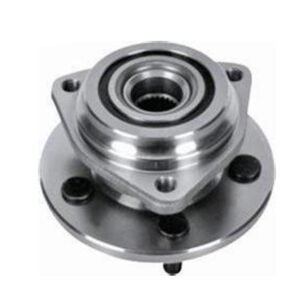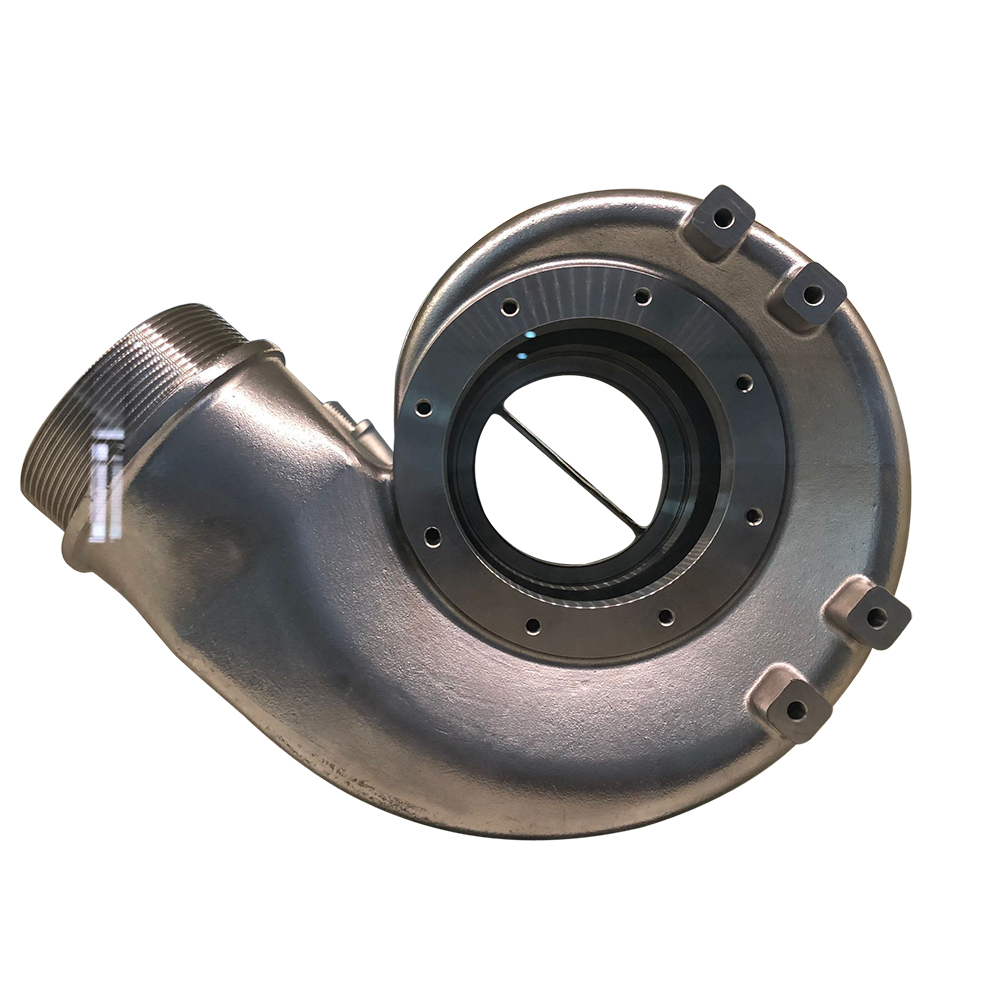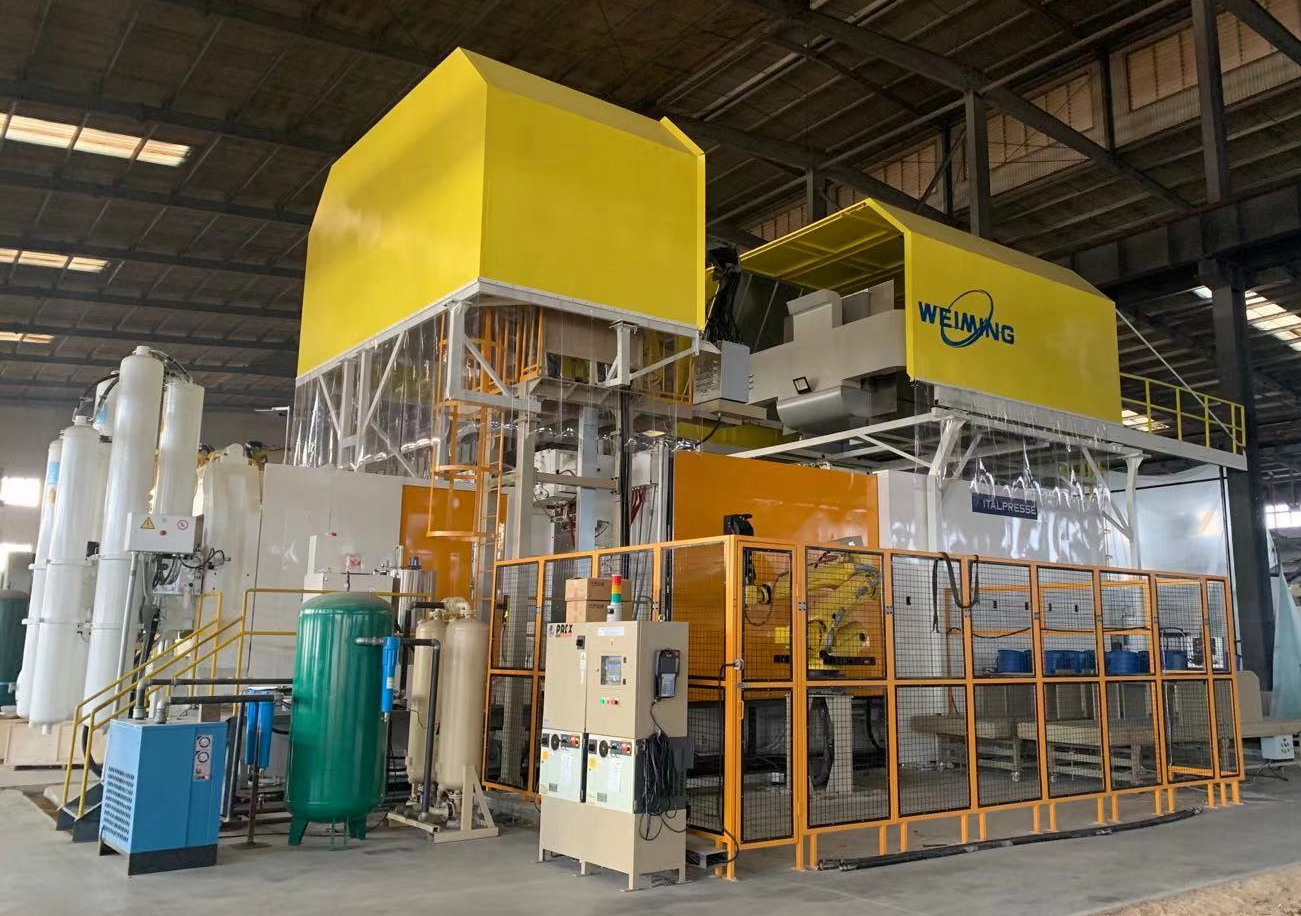
The primary difference between non-ferrous and ferrous metals lies in their iron content. Ferrous metals contain iron, making them magnetic and prone to corrosion when exposed to moisture and oxygen, except for certain types like stainless steel which are alloyed with chromium to prevent rust. These metals are typically stronger and heavier, which makes them ideal for structural applications such as in buildings and vehicles. On the other hand, non-ferrous metals do not contain iron, are not magnetic, and are more resistant to corrosion. This makes them suitable for applications like electrical wiring, roofing, and plumbing that require lighter or non-magnetic materials. Non-ferrous metals include: copper, aluminum, zinc, lead, and tin, and precious metals like silver and gold.





